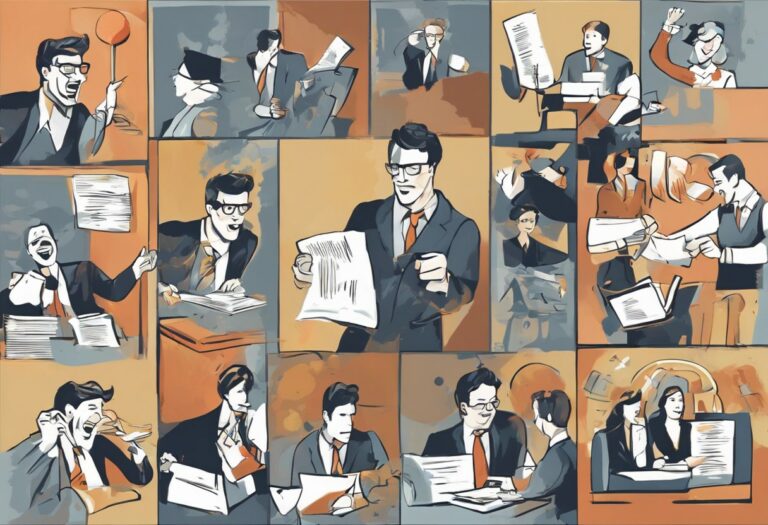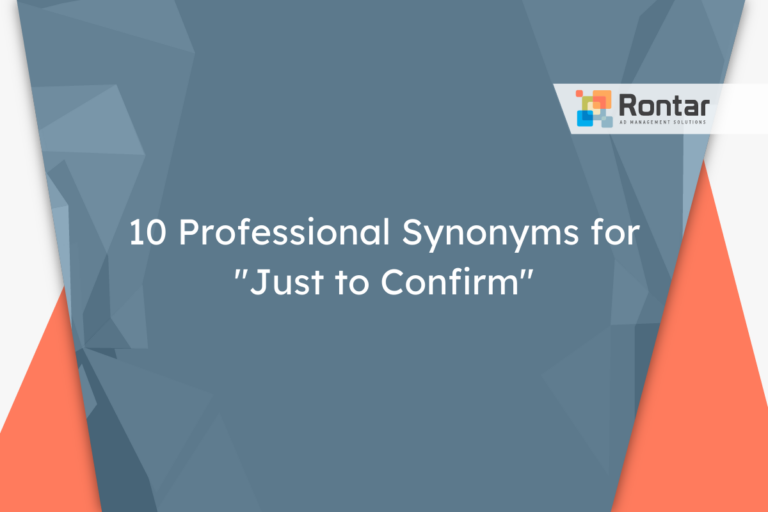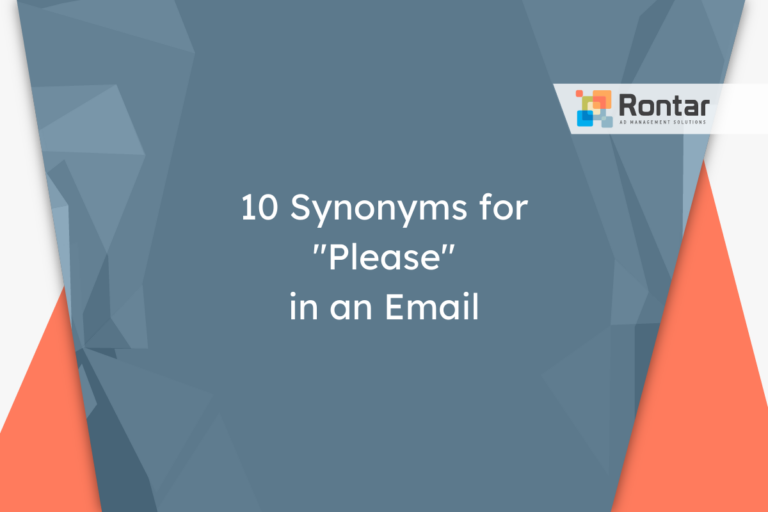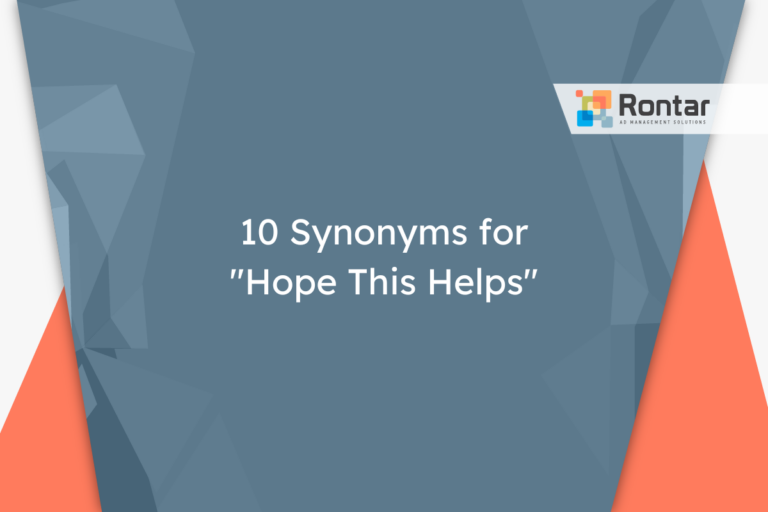9 Other Ways to Say “I Look Forward to Learning From You” (With Examples)
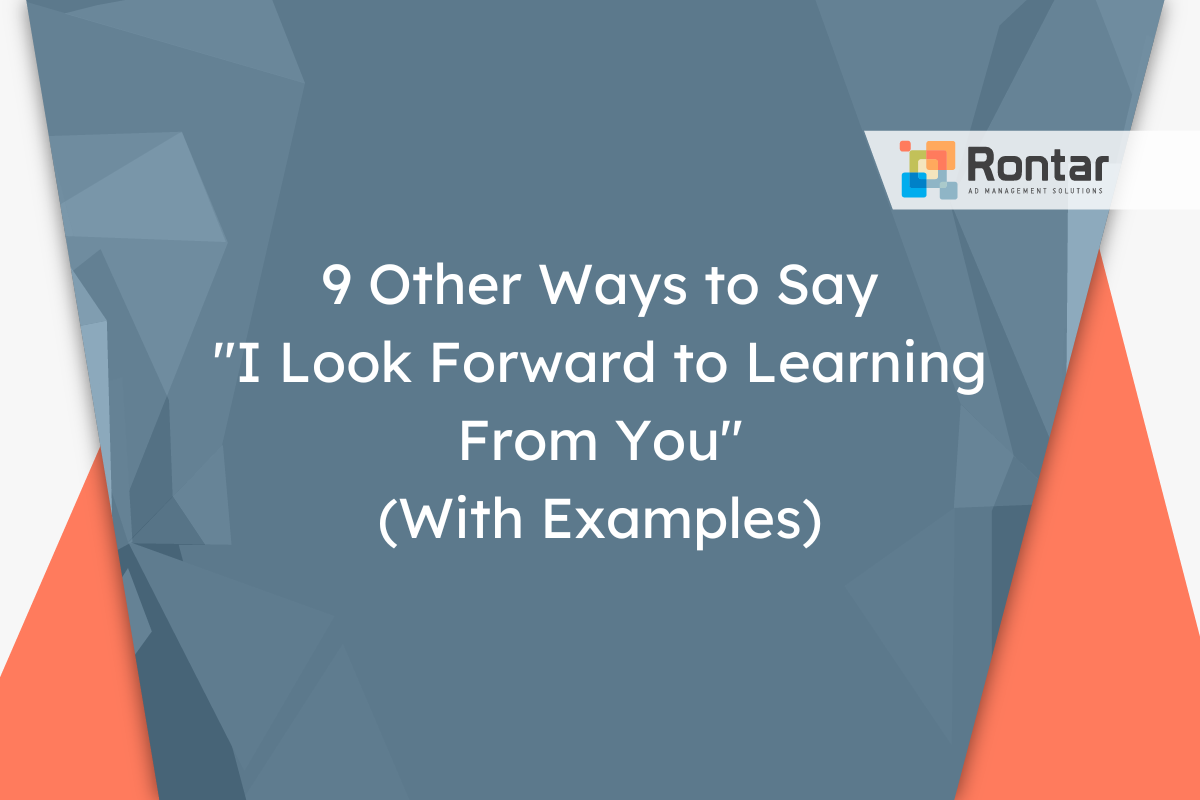
Communicating your eagerness to learn from someone is key to both personal and professional growth. However, repeatedly saying “I look forward to learning from you” can become stale.
This article provides nine fresh alternatives to express your anticipation and respect in a variety of settings. Each option offers a different tone and formality level, helping you pick the right words for any situation.
Is It Professional to Say “I Look Forward to Learning From You”?
Saying “I look forward to learning from you” is considered professional, formal, and polite. This phrase is a respectful way to express your enthusiasm about gaining knowledge or insight from someone else. It’s suitable in a variety of settings, especially when you’re acknowledging the expertise of the other person.
This phrase is particularly fitting in professional relationships, such as between a mentor and mentee, or in any situation where you’re expecting to gain valuable knowledge or skills from someone. It’s appropriate for use with colleagues, supervisors, or industry professionals, especially when formal communication is expected or desired. You can use this phrase in emails, letters, or even during formal meetings.
Here’s a short email example:
Dear Ms. Thompson, Having heard about your extensive experience in this area, I look forward to learning from you and gaining insights that could enhance the project’s success. Best regards, Emily Hanson
Let’s consider the pros and cons of using this phrase:
Pros:
- Shows respect for the recipient’s expertise.
- Conveys a positive and eager attitude towards learning.
- Enhances the professional tone of your communication.
Cons:
- Could be seen as overly flattering in some contexts.
- May not be suitable for all types of communication, like casual conversations.
- Some may prefer more direct or specific ways of expressing anticipation to learn.
While using “I look forward to learning from you” is generally a great choice, some might want to seek alternatives to better fit the context or tone of their communication. Finding a synonym or alternative phrase can help tailor your message more precisely to your audience or setting.
9 Other Ways to Say “I Look Forward to Learning From You”
Here are nine great alternatives to express your enthusiasm about learning from someone in various situations:
- Looking forward to your guidance
- Eager to learn from your expertise
- Looking forward to gaining from your expertise
- Excited to gain insights from you
- Keen to benefit from your wisdom
- Looking forward to your mentorship
- Ready to absorb your knowledge
- I’m confident I can learn a lot from you
- Can’t wait to learn from your experiences
1. Looking forward to your guidance
This alternative is similar to the original phrase but adds a layer of humbleness by emphasizing guidance. It shows that you’re not just excited to learn but also ready to be led by their expertise. This approach is more direct and can come across as being sincerely interested in the specific direction the mentor can provide.
This phrase is especially suitable in a professional or formal context where you are newly introduced to a mentor or taking on a new role that requires learning. It’s perfect for emails, letters, or even verbal communication when starting a new project or job. It signals respect and readiness to follow their lead.
Here’s a short email sample:
Dear Mr. Anderson, Thank you for agreeing to guide me through the intricacies of project management. I am Looking forward to your guidance and am eager to apply it in practice. Sincerely, Lucas Reed
2. Eager to learn from your expertise
This synonym shifts the focus slightly towards the enthusiasm of the learner. By using “eager,” it communicates a high level of excitement and anticipation for the learning process. It’s an excellent choice for conveying strong motivation and respect for the other person’s skill set.
This alternative fits well in scenarios where you might already know the person but haven’t had the chance to learn from them directly. Suitable for both professional and informal settings, it’s perfect for emails, messages, or during meetings where you want to express your zeal for learning from a respected peer or leader.
See this example:
Hi Dr. Keller, I’m thrilled about the upcoming collaboration. I am eager to learn from your expertise in renewable energy technology. Best, Emily Chen
3. Looking forward to gaining from your expertise
This variation places emphasis on the benefits that the speaker hopes to gain from the recipient’s knowledge. It’s slightly more formal and focuses on the value of the recipient’s expertise, suggesting that there is much to learn and that the speaker is acutely aware of this.
This phrase is well-suited for formal and professional contexts, especially when reaching out to someone you highly regard in your field. Whether through emails, formal letters, or professional messages, this phrase conveys a high degree of respect and anticipation for the insights to be shared.
Here’s a brief email sample:
Dear Professor Li, As I begin my thesis on historical economics, I am looking forward to gaining from your expertise. Regards, Thomas Pike
4. Excited to gain insights from you
This synonym swaps “look forward” with “excited,” adding a personal touch of enthusiasm and eagerness. It feels slightly more informal and personal, making it ideal for expressing genuine excitement about what you’re about to learn from the other person.
This alternative is best used in contexts where you have an established relationship with the recipient or in less formal professional settings. It works well in emails, personal messages, or in situations where you wish to convey your enthusiasm in a warm and approachable manner.
Here is an example message:
Hi Sara, Just a note to say I’m excited to gain insights from you during our mentorship program. Cheers, Jordan Marks
5. Keen to benefit from your wisdom
Using “keen” suggests a sharp, enthusiastic interest in benefiting from someone’s wisdom. This expression communicates a respectful acknowledgment of the other person’s superior knowledge or experience. It’s slightly formal, making it a versatile choice for many types of communication.
This phrase is particularly suitable for situations where you’re looking to show reverence and eagerness to learn from someone’s life experiences or professional achievements. Ideal for formal emails or messages, it’s a great way to express sincerity in wanting to gain from someone’s wisdom.
Sample email:
Dear Mrs. Patel, I am keen to benefit from your wisdom as we embark on this new project together. Warmly, Jake Morrison
6. Looking forward to your mentorship
This phrase emphasizes the role of the recipient as a mentor, highlighting the structured guidance you’re hoping to receive. It expresses a clear and direct interest in the mentor-mentee relationship, setting a formal tone for what you hope will be a valuable learning experience.
This alternative is particularly well-suited for formal or professional situations where you are entering a new job, project, or field, and someone has agreed to mentor you. It’s a great choice for emails or formal letters when you want to show high respect and anticipation for the mentorship you’re about to receive.
Here’s how you might use it in an email:
Dear Mr. Johnson, As I start my journey with the company, I’m looking forward to your mentorship and support. Best, Mia Wallace
7. Ready to absorb your knowledge
This phrase suggests an eagerness and preparedness to take in all that the recipient has to offer. It indicates a proactive attitude towards learning and implies that you’re ready to make the most of their expertise. This option is slightly informal and very enthusiastic.
It works well in both professional and informal settings, especially when you are about to start learning something complex or in-depth. Emails, chats, or messages are all good mediums for this phrase, especially when you want to show you are not just passive but actively excited about learning.
Email example:
Hello Dr. Smith, I’m gearing up for our research project and am ready to absorb your knowledge on the subject. Thanks, Oliver Grant
8. I’m confident I can learn a lot from you
This phrase is slightly more personal and implies confidence in the recipient’s ability to teach and your ability to learn. It strikes a balance between humility and self-assurance. This can be perceived as both respectful and eager by the recipient.
Suitable for professional contexts where you’ve had some interaction with the recipient but want to deepen that relationship through learning. It’s perfect for emails or direct messages where the communication is one-on-one, allowing for a more personal connection.
Example:
Dear Coach Carter, After our initial discussion, I’m confident I can learn a lot from you about team management. Sincerely, Nina Rodriguez
9. Can’t wait to learn from your experiences
This phrase conveys a high level of excitement and anticipation about the learning process. It’s informal and very personal, showing a genuine interest in the unique experiences the recipient has gone through. This is a less formal but highly enthusiastic way to express your eagerness to learn.
It’s great for settings where you have a casual or close relationship with the recipient, or in less formal professional scenarios. Ideal for casual emails, texts, or social media messages where the tone is more relaxed and personal.
Here’s how you might use it in an email:
Hey Alex, I’ve always admired your work in event planning. I can’t wait to learn from your experiences! Cheers, Jordan
Final Thoughts
Finding the perfect way to express your eagerness to learn from someone is important and can impact the way your message is received. The nine alternatives we’ve discussed offer a range of tones, from formal to informal, ensuring you can communicate appropriately in any scenario. By choosing your words carefully, you can show respect for the individual’s expertise and your enthusiasm for the learning opportunity.

